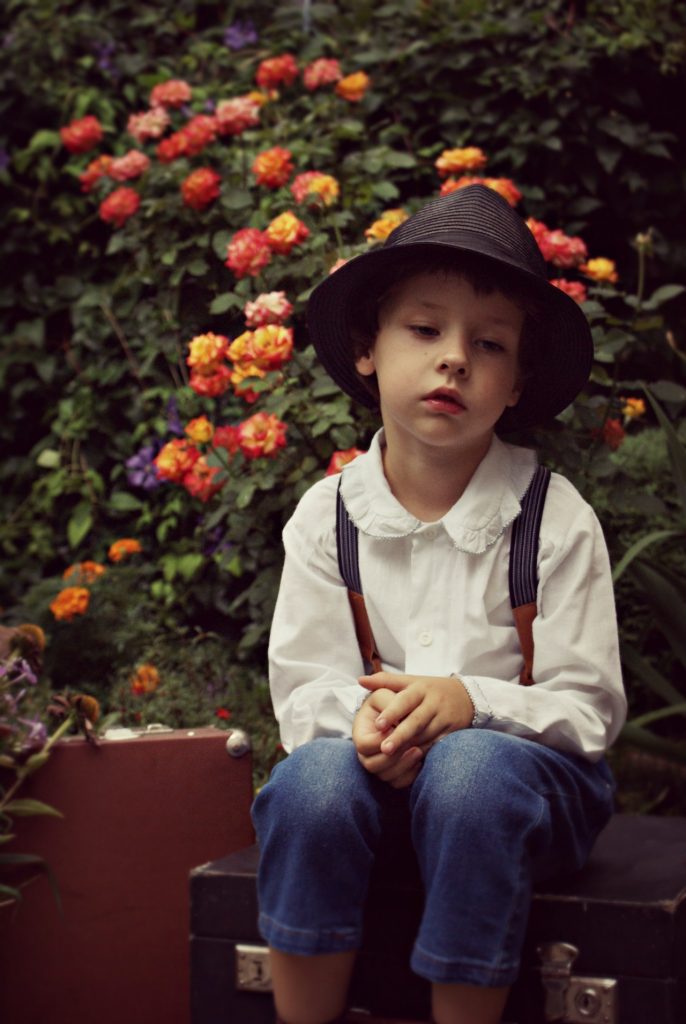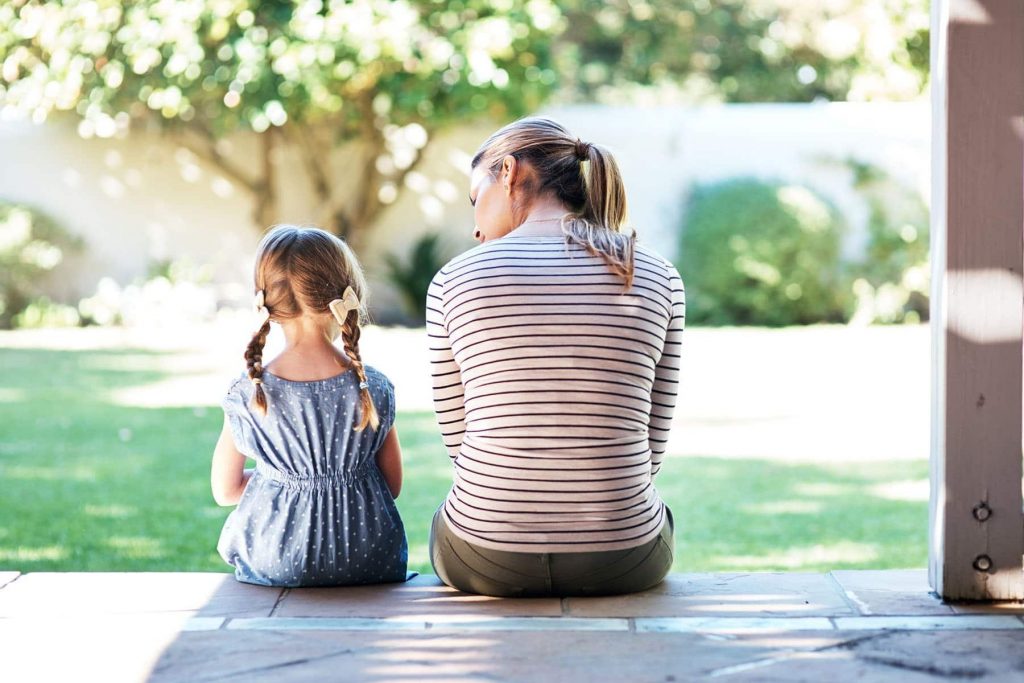Helping Children With Grief and Loss
You may not even notice that a youngster is mourning the death of a loved one while they are grieving. Adults and children process and exhibit complicated emotions in various ways. That isn’t to say that the sadness isn’t there, or that your kid isn’t influenced by their feelings.
Furthermore, children are never too young to experience grief, therefore, need support services may it be from family, a mental health professional, or spiritual support. Listed on this article are ways you can help your children with grief and loss.
Everyone, regardless of age, becomes an exaggerated version of themselves while they are experiencing grief. If we are outgoing, we grow more so, and if we are quiet and introverted, we become more so. Adults and children are the same. Furthermore, while we are mourning, we all feel considerably more vulnerable.
This does not imply that we become childlike, but it does mean that we frequently need particular assistance and care, just as we did earlier in life. Similarly, children will regress, and their attitudes and behavior will resemble that of their earlier years.
Capacity of Young Children to Comprehend Death
Grief in children is complicated by the fact that younger children may not grasp the notion of life and death and its permanence. Because so many cartoons depict a character being terminally wounded and then resurrecting, a child may feel that death is just temporary.
As a result, smaller children often miss a person in little bursts and may feel unhappy for a few minutes at a time. However, since they have a hard time accepting that death is final, they will be unable to completely comprehend the feelings and the impact of the loss on their lives.
Signs of a Grieving Child
When adults feel grief, it appears to be there at all times, even when they are happy. Children, on the other hand, may seem fine one minute and then become extremely disturbed the next, since their brains are unable to deal with sorrow for lengthy periods of time.
It’s natural for children to be in denial about the death of a loved one in the early stages of bereavement.
They may continue to anticipate the deceased individual to appear at any time. For a while, denial is appropriate, but the reality of the loss should begin to seep in overtime, particularly with older children. Here are some more things you could notice when your kid has lost a pet, teacher, neighbor, or family member.
Trouble Sleeping
A grieving child may prefer to sleep with their parents or other family members, or they may have nightmares or dreams about the person who has died. Older children, on the other hand, suffer from a more serious illness such as insomnia or being terrified of death, which prevents them from sleeping.
Concentration Problems
Young children may have difficulty concentrating on a certain task, making choices, or solving difficulties. They can have trouble focusing and may look disoriented or disoriented.
Clinginess
Following a significant loss, children may become more attached. To grab your attention, kids may lament over having to go to school or beg for assistance with chores they have already mastered. Even if they aren’t aware of the loss, infants and toddlers may feel their parents’ grief and react by becoming impatient, crying more, and needing to be carried.
Anxiety
Both children and teenagers may begin to be concerned and feel sad about everything, but especially about the major loss and deaths of those in their lives. They might have trouble when on how they should express feelings. They will need daily assurance that they will be safe and well-cared for. School age children have an especially strong need for this.
How Family Members Can Help Children Cope
It’s difficult for an adult to cope with their own sadness while also handling the loss of a youngster. However, it is critical for the family to assist children in having healthy coping skills. Here are some techniques for assisting your kid in dealing with grief and loss.
RELATED: 5 Stages of Grief and How to Go Through Them
Tell the Truth
Using confusing phrases like “we lost him” or “she’s asleep now” about the person who died might be confusing and frightening to a little child. Try to explain death since it’s critical for kids to realize that the individual isn’t just resting or away; the person’s body has ceased operating, and they will not return. Of course, gory details aren’t required, but you should make an effort to be truthful and explain what death means in a way they would understand.
Be Patient
A child’s sorrow cycles in and out, and it might seem like they’re still grieving after you thought they’d moved on to an adult. When they return to a period of sadness, it’s critical to be patient and react in the same way with comfort and sincerity.
Get Help From Caregivers
Family members, compassionate friends, or teachers, in particular, should be informed of the family’s situation. They need to know details about the loss, who to contact if they see indications of grief, and how to help the child if they’re experiencing an emotional outburst.
Be Strong
Your kid will turn to you for guidance on how to handle their feelings and emotions, so make sure you’re taking care of yourself. You may positively remember your loved one with your child to help him or her. Openly express your concerns, but be cautious not to overburden your youngster with adult worries. To help you care for your feelings, you may choose to talk with a grief counselor or join a grieving support group to get healthy ways to grieve.
Get Books about Grief
Reading tales and sharing stories about loss, death, and grieving with your young children may be beneficial. Spending time with them and doing other things that would ease their mind from the fact that someone close to them has just died will be of significant help. Be ready to respond to queries concerning what happens to individuals when they pass away. But it is okay to state you’re not sure if you don’t know the answer.
When to Get Professional and Immediate Help for Grieving Children
Not all grieving children need grief counseling. However, be on the alert for signals that your child is having a particularly tough time coping with the loss. Here are several warning signals that your kid could benefit from expert assistance and hasten the healing process.
- They think they are conversing with the departed person: All children may claim to have seen the dead person or to have spoken with him or her on occasion. However, if your kid insists on seeing the person or having continuing discussions with them, you should seek professional assistance.
- Excessively copying the deceased: It’s common for children to say things like, “I want to eat peanut butter and jelly since that’s what Mom enjoyed.” Excessive copying of the dead person, on the other hand, isn’t natural, and it might indicate that your youngster is having trouble coping with their feelings.
- Frequently expressing a wish to be with the deceased: Don’t dismiss your child’s declarations that they want to die or that they wish they could die. Suicidal thought is a major red flag, and you should speak with your child’s doctor or a mental health specialist about it.
- Physical symptoms that worsen with time: Your child’s symptoms, such as clinginess or sleeping difficulties, intense sadness should fade over time. If your child’s symptoms are becoming more severe, it may be an indication that they need professional assistance in coping with their emotions.
READ MORE: Golden Haven Memorial Parks News and Update


















